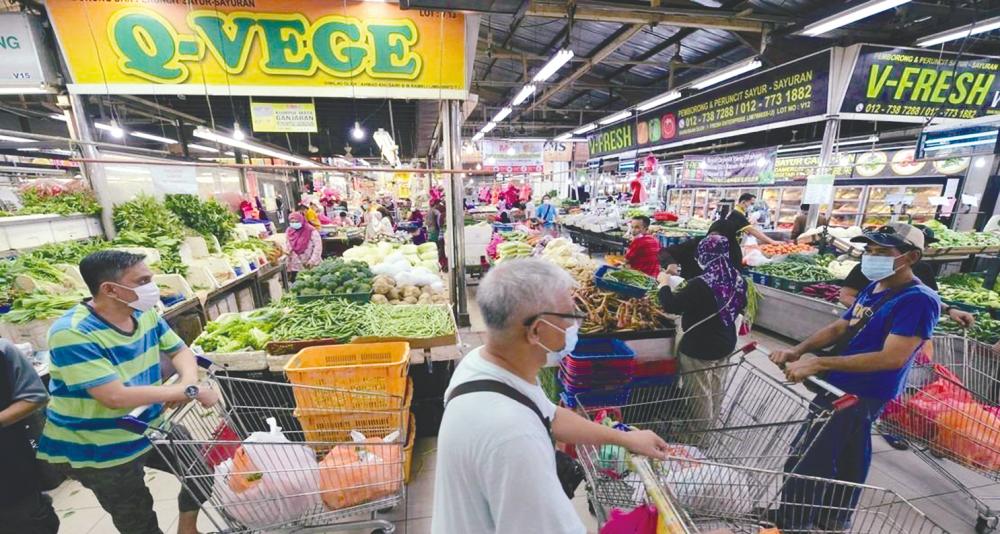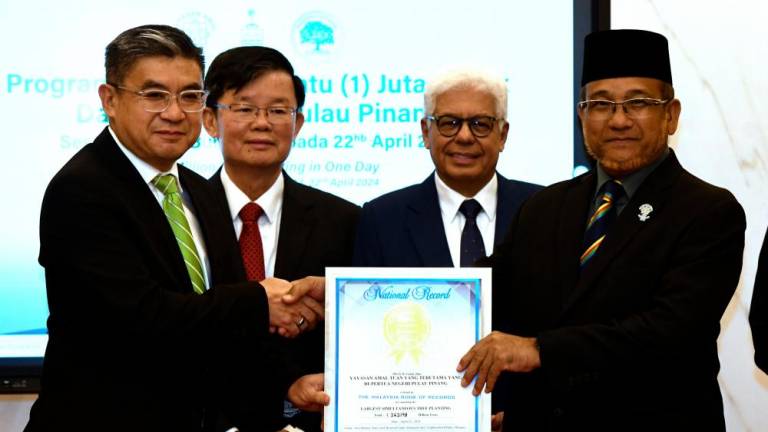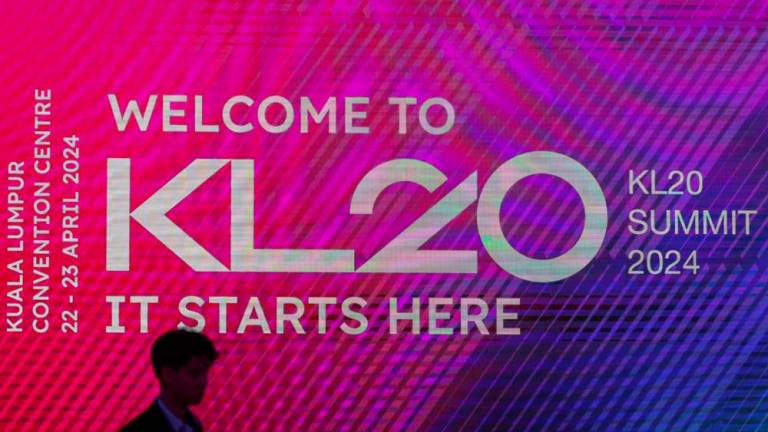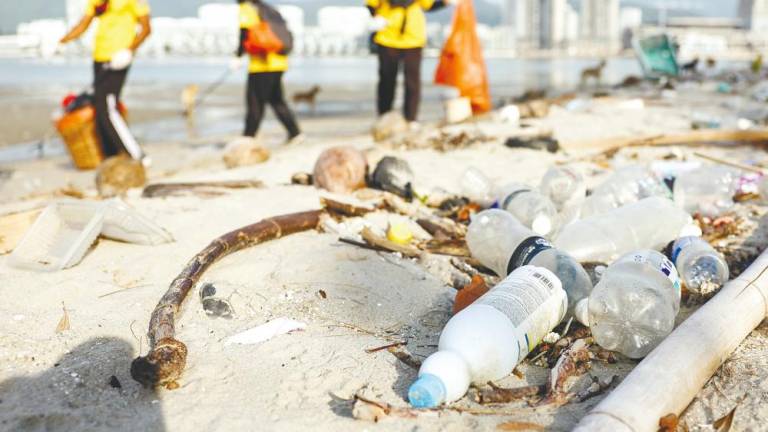PETALING JAYA: The Socio-Economic Research Centre (SERC) has projected a gross domestic product (GDP) growth of 5.2% for 2022, slightly lower than the government’s forecast of 5.5-6.5% growth prediction, attributed to its more modest private consumption estimate.
“Looking at the private consumption, I expect it to recover but there are also some headwinds, mainly, inflation risk, high cost of living as well as an expectation for households to rebuild their savings and balance sheet,” said SERC executive director Lee Heng Guie during a virtual 2022 outlook briefing today.
For this year, the research house projected private consumption to grow at 5.9% of the GDP, while the official forecast had expected 7.3% of the GDP.
Sector wise, Lee pointed out some of the forecasts are lower than the official estimates, as the latter was made earlier in September last year during the formulation of Budget 2022.
“Since then there has been some development, especially with the unexpected pickup in inflation risks, which is something we have to watch out for as well as the worst ever flood experienced that could temper the activities early this year which would impact the overall GDP.”
Lee identified a number of risks to the country, one of which is a decline in China’s growth, one of Malaysia’s key trading partner. He calculated a 1% decline in China’s GDP could shave Malaysia’s GDP growth by 0.3-0.5% via trade channels. Similarly, the country also has to contend with price pressures similar to one faced across the globe.
“Domestically, we have to address labour shortage, effects of inflation to consumers and producers as well as a winding down of domestic relief measures and policy changes’ impact to local businesses and industries,” said the executive director.
Lee elaborated that the one-off prosperity tax this year could reduce dividend payments and corporate earnings, as well as a slew of other measures such as rental discounts, utilities rebates, multi-tier levies and higher minimum wage.
“Hopefully, the government will make sure some of the policy changes would be staggered out and there will be sufficient industry engagement particularly with the multi-tier levy implementation.”
On the bright side, Lee welcomed the Regional Comprehensive Economic Partnership (RCEP) as a key catalyst to the country’s performance as the 14-member countries account for 58% of Malaysia’s trade.
He elaborated that this translates to a wider market for Malaysian exporters and because of the agreement, at least 92% of the tariff line will be reduced over 20 years and some would enjoy an immediate zero tariff, facilitating the exports of goods and services to the international market.
“For SME, because of e-commerce and digitalisation they can fully leverage this platform to find new markets rather than concentrating on the domestic market.”
Nonetheless, Lee also cautioned that the free trade agreement could also bring challenge to Malaysian businesses, in terms of competition
“It’s important to focus on product quality, good delivery, competitive cost so they are able to compete with the international players in the RCEP market, at the same time there will be goods coming into Malaysia offering a wide choice at a competitive price. At the same time, the SME can source raw material and inputs they need for their production and participate in the global or regional supply chain.”
On this matter, the electronic & electric sector is estimated to be the biggest beneficiary as it is an important hub for the sector in the global supply chain.
With regard to the overnight policy rate, SERC anticipated Bank Negara Malaysia (BNM) to raise the interest rate in the second half of 2022, though the timing will depend on the growth trajectory and inflation risk.
It explained a removal of monetary accommodation is needed to rebuild buffer and hikes in baby steps so as not to temper the recovery path. A prolonged period of low interest rates can induce financial imbalances by reducing risk aversion of banks and other investors.
On the whole, the research house expects BNM to raise the policy rate by 25-50 basis points to 2%-2.25% in the second half of 2022.
On a global note, SERC expects growth to normalise in 2022 amid headwinds, at a moderating pace of 4.5%.
It pointed out the Omicron variant, ongoing supply disruptions, rising inflation pressures and more hawkish central banks are the headwinds as tighter financial conditions and capital flows volatility could weigh on global growth.
The research house noted that the Omicron will dent confidence and sentiment given the still inequitable vaccinations across the countries in different regions. What comes in the near-term is to what extent the impact of Omicron variant on global growth. Three vaccine doses hold the key for protection against the new variant.
The International Monetary Fund had estimated that a more transmissible Omicron could cost the global economy a further US$5.3 trillion, in addition to the current projected loss of US$12.5 trillion.













